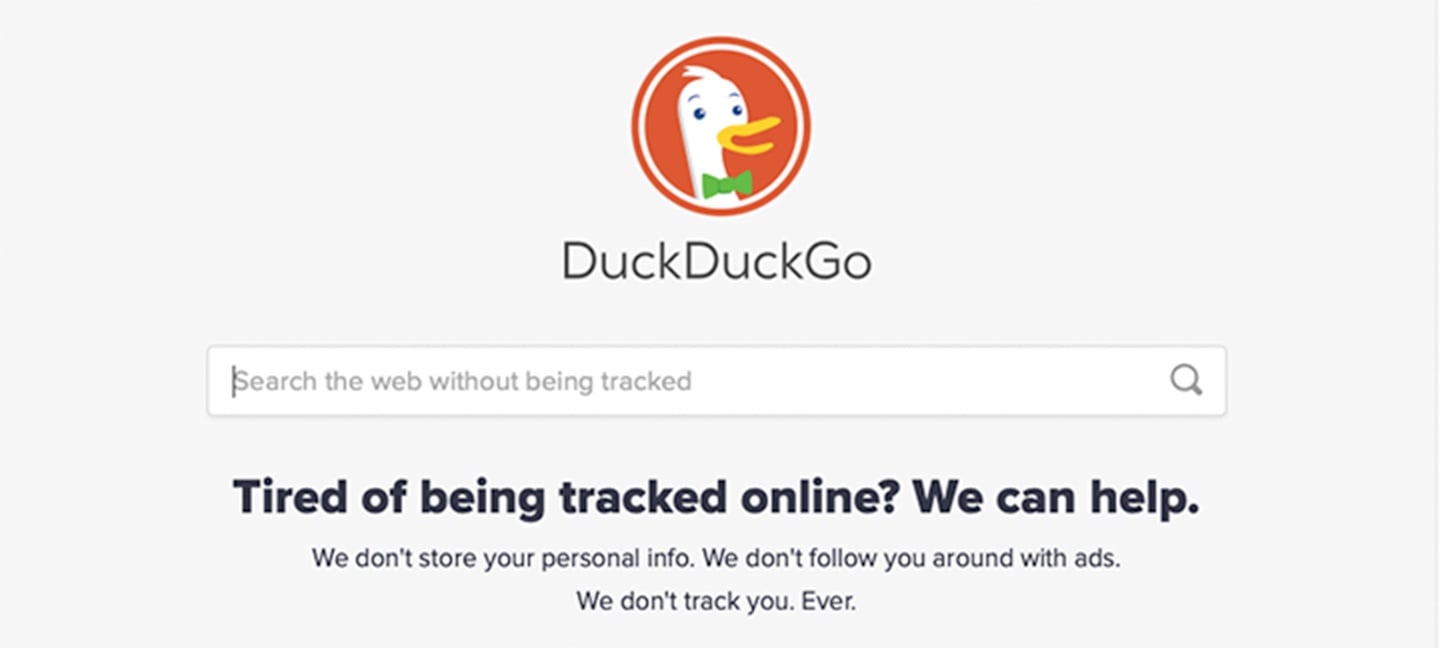What Is the Difference Between a Brand’s Purpose and Its Value Proposition?
June 2022
Do you know your brand purpose from your value proposition? Many organizations can readily define the value that they offer to customers, yet they struggle to articulate an underlying purpose driving what they do. To begin, let’s define value proposition to better understand how it connects to and differs from an organization’s core purpose.
What Is a Value Proposition?
- Defines the tangible value delivered to consumers
- Includes every touchpoint up to, including and after purchase
- Explains WHAT an organization does and HOW it does it
In short, a brand’s value proposition is the tangible value that customers can expect when they engage with a company’s products or services. This includes every touchpoint an individual has with the brand: the path to purchase, the experience of using the product or engaging with the service, and the price paid. A strong value proposition should answer two questions: “WHAT does the company do?” and “HOW does it do it?”
Providing compelling value and an exceptional customer experience is an important facet of any business, but it should not be confused with a brand’s purpose. A brand’s purpose is a broader concept that underpins both the brand’s value proposition and its overall strategy.
DuckDuckGo’s Value Prop Is Privacy
DuckDuckGo’s value proposition positions the privacy-centric search engine as “truly private web browsing.” This statement directly conveys the nature and value users can expect from the service, which is reinforced across all external touchpoints. The header on DuckDuckGo’s homepage simply asks: “Tired of being tracked online? We can help.”
The question format is a particularly effective way to identify who DuckDuckGo intends to serve (those concerned with privacy) and presents a simple solution to their problem. The HOW is provided right from the homepage as well: “We don’t store your personal info. We don’t follow you around with ads. We don’t track you. Ever.”

What Is Brand Purpose?
- Explains WHY an organization exists and what it stands for
- Provides a foundation for the value proposition and brand strategy as well as company culture, behavior and core values
- Creates a roadmap for future decision-making that is understood at every level
Brand purpose defines why you exist as an organization and should be expressed through every facet of the business. A strong purpose statement provides the foundation for every decision you will ever make as a company, so it must be direct enough to be understood by all employees and internal stakeholders and expansive enough to direct your company’s ambitions for the future.
Brand purpose is key for effective internal branding and has been proven to increase productivity and employee retention. Communicated effectively, a strong brand purpose inspires employees, creating a culture where the statement is not just a slogan but a way of life. Employees who truly believe in what they do and understand why it matters have the potential to become true ambassadors for the brand, expressing its values internally through their behaviors—and externally as well in interactions with customers.
There is no one-size-fits-all solution to developing a resonant brand purpose statement. The best examples feel deeply personal and unique to a particular organization yet broad enough to fully encompass everything they have done, do today and might do in the future.
Coca-Cola’s Purpose Transcends the Can
Coca-Cola’s purpose is “To refresh the world in mind, body and spirit. To inspire moments of optimism and happiness.” The statement reflects neither the category nor quality of the company’s products but rather the spirit that drives its overall brand strategy. Critically, the nod to “refreshment” reaches beyond the cola or even beverage space toward a more aspirational ambition that gives the company a true reason for being—and room to continue to grow and evolve in the future.


Creating a compelling purpose statement can be one of the most difficult and demanding aspects of developing a brand. Businesses must take time to understand each of the key elements of their brand purpose in order to position the organization for success in the future.
How Purpose Is Driving Where Google Goes Next
Google’s purpose is “To organize the world’s information and make it universally accessible and useful.” Straightforward yet forward-looking, the statement focuses not on a specific product or service but rather on the problem the organization helps users solve. It simply captures both the specific utility and reliable personality of the Google brand while providing clarifying strategic direction to guide the company’s future ambitions.


Remember that an authentic brand purpose provides a foundation for everything else that you do as an organization. Before embarking on any strategic initiative, businesses must ask themselves a critical question: are we leveraging our purpose to respond to the needs of the market in an authentic, meaningful and differentiated way?

To learn more about this topic or to discuss an issue impacting your business, contact Bailey’s Vice President of Client Services, Jamie Gailewicz, at 610-818-3103 or email us at [email protected].




